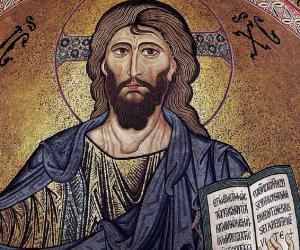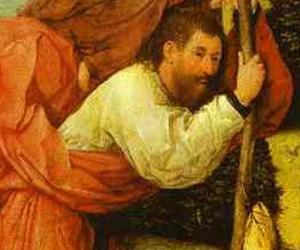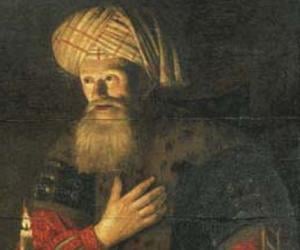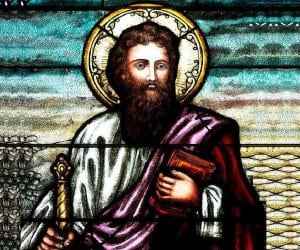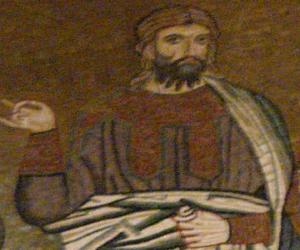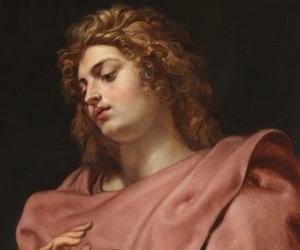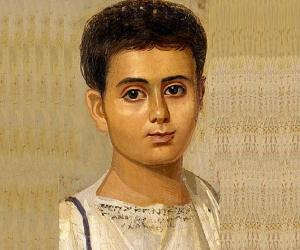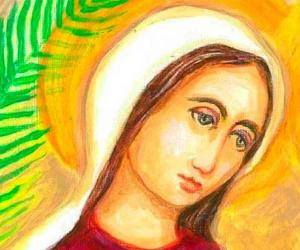1
Jesus Christ
(Founder of Christianity Who is Believed to be the Incarnation of God )
Birthdate: 0004 AD
Birthplace: Judea, Roman Empire
Died: 0033 AD
Jesus Christ was a first-century Jewish preacher and religious leader, considered the central figure of Christianity. His ministry began after baptism by John the Baptist, focusing on teaching, healing, and gathering followers known as apostles. Jesus engaged in debates on following God, taught through parables, and faced arrest and crucifixion by Roman authorities. His followers believed in his resurrection and formed the early Christian Church, spreading his teachings worldwide. Jesus is revered in Islam and other faiths as a prophet and messiah.
